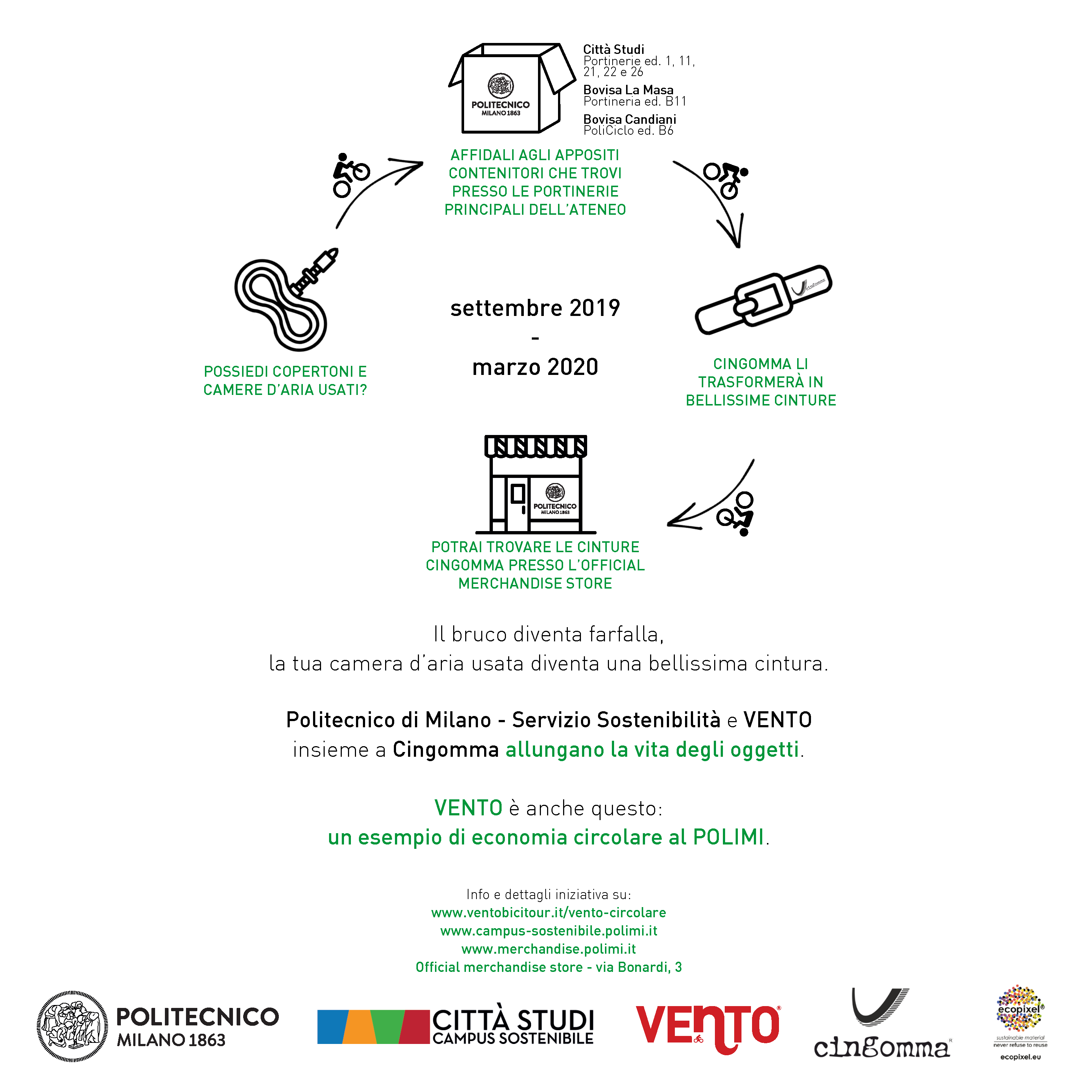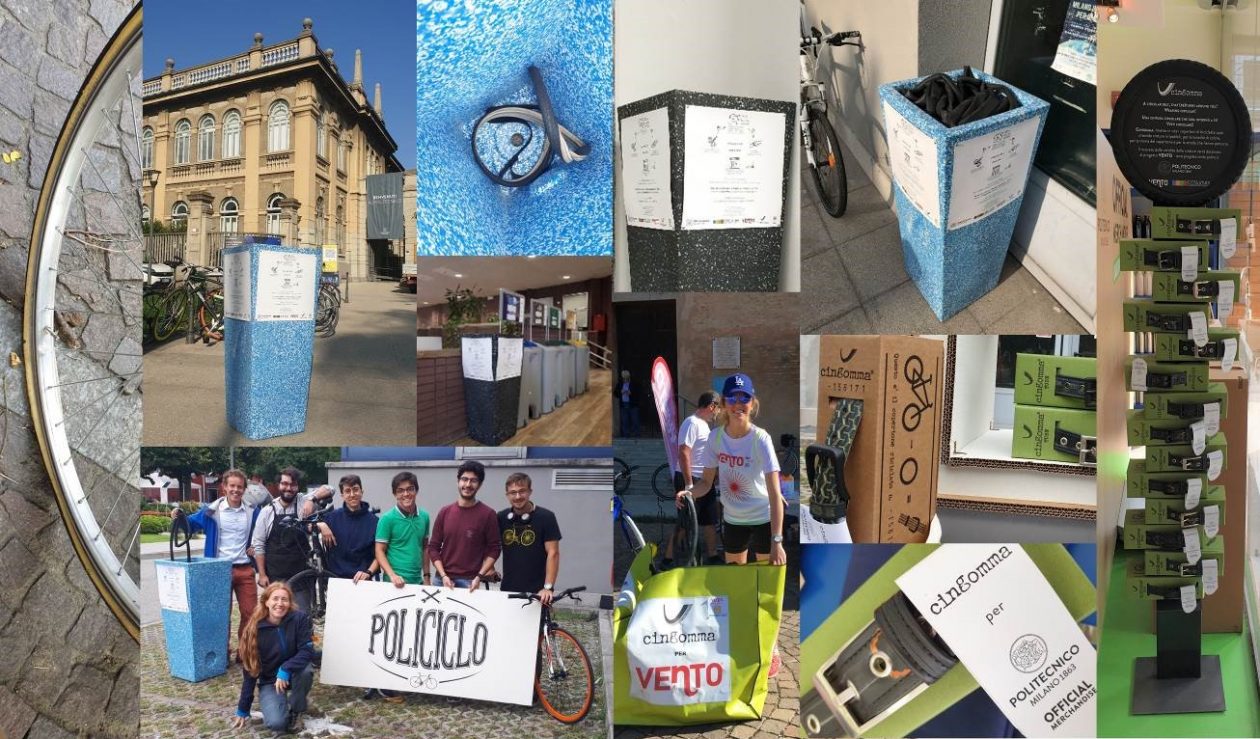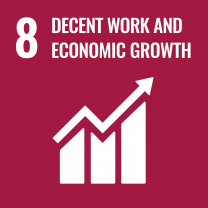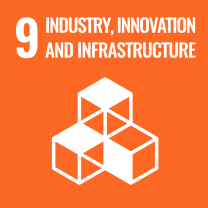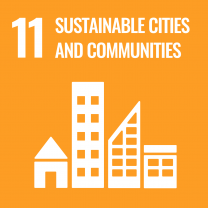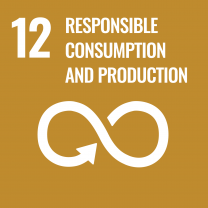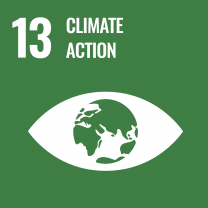Authors
Sustainable development goals
Themes
- circular economy and waste
- lifestyles
Tools
- communication campaigns
- stakeholder engagement
What does the promoted behavioral change consist of?
The main purpose is that for which we would like to contribute to spreading the principles of the circular economy with particular reference to the implementation of actions aimed at preventing the production of waste.
The expected behaviour change takes the tangible form of trying to extend the useful life of the goods as much as possible through reuse first and then recycling. Specifically, an air chamber may not become waste, but be used to make belts if placed in the appropriate containers.
What are the main features of the tools designed/implemented to promote behavioral change and how have they been tested?
To promote the project, posters / bills were also created on some of the University’s notice boards and a special web page was created on the website of the Città Studi Sustainable Campus project.
A stand dedicated to the project is expected to be set up during the convention on the occasion of the “Sustainability Days” organized by the Sustainability Unit to promote the collection of materials by describing the project in order to educate on the importance of the circular economy. The setting up has already taken place on two occasions.
The belts made, some of which are part of the Green Collection of the University Official Merchandise, worn on a few occasions by the staff of the Service, have concretely highlighted that what is being told is possible.
Finally, the display of the belts, present in the University’s shops, was also designed to explain the idea behind the project and the “origin” of the product.
What results have been achieved? What are the potentials and obstacles?
The project gained visibility inside and outside the university, as it was presented as a “best practice” of circular economy at regional and national conferences, as well as in some meetings of the RUS Waste Working Group (Universities Network for Sustainable Development) and within the PECCEI advanced training course aimed at “sustainability management”, organized by the University of Bari.
The diffusion of this “best practice”, even though it represents a “niche” sector (limited volumes), is important to stimulate the development of similar projects.
[last update: 7/2/2020]
Research team at PoliMi
Christan Buurstee, Eleonora Perotto, Maria Licia Zuzzaro – Sustainability Unit
Paolo Pileri, Federica Bianchi, Camilla Munno – DAStU
Margherita Cagnotto – Community Life and Merchandising Unit
Gennaro Leanza, Giacomo Rossello – Supplies, Building Management & Logistic
Download the presentation
